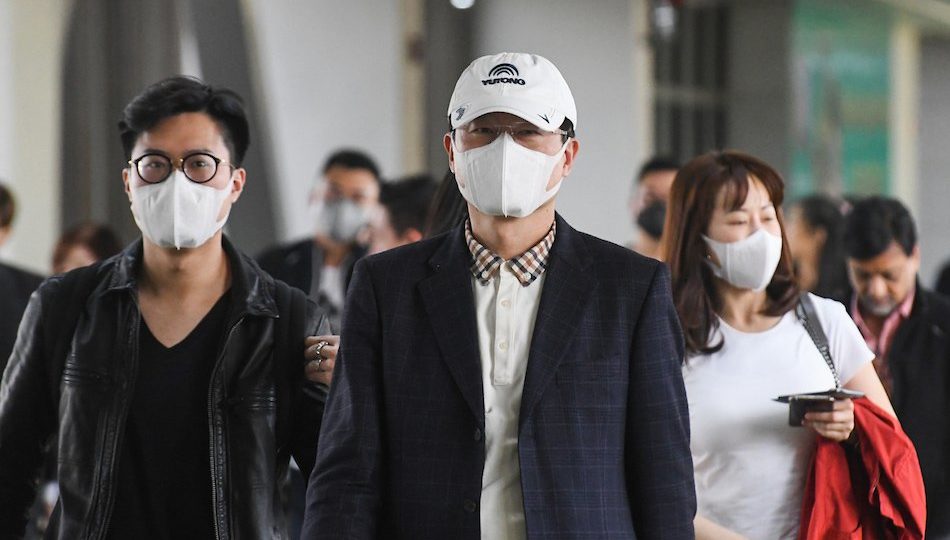A day after the Philippines identified its first Wuhan coronavirus patient, Senator Christopher “Bong” Go announced today that President Rodrigo Duterte is planning to ban all travelers coming from Hubei, the Chinese province at the epicenter of the global pandemic.
Read: Well, It’s Here: First confirmed case of Wuhan coronavirus detected in PH
Go, a former aide of the president, claimed credit for the ban, saying that Duterte made the decision based on his recommendation.
“I wish to let the public know that I have spoken with President Rodrigo Duterte earlier where I recommended imposing a temporary travel ban to protect our countrymen from the spread of Coronavirus. The president has agreed to implement the temporary travel ban on those coming from Wuhan City and the entire Hubei province of China,” Go said in a statement that appeared on his Facebook page.
He added that the president and other government officials are “studying the possibility of imposing temporary travel restrictions for those coming from other places affected by the infection.”
“In addition, a meeting has been scheduled by the President next week with medical experts and key government officials to discuss all necessary measures to prevent the spread of the novel coronavirus,” Go said.
Read: Public health expert advises against repatriating Filipinos from Wuhan
Duterte’s decision comes shortly after he said that he had no plans of banning travel between China and the Philippines, prompting furor among netizens who are panicking after the government announced that a Chinese tourist in the Philippines tested positive of the disease, officially known as 2019-nCoV. Critics have said that the president’s initial refusal to ban Chinese travelers is a reflection of his refusal to stand up to the Asian superpower.
The president’s move today has not calmed the public’s fears, with some critics saying a ban on all Chinese travelers is necessary. Former solicitor general Pilo Hilbay insisted such a move is not xenophobic.
Imposing a travel ban on China isn’t racism. It’s an evidence-based public safety measure to help contain the virus & promote public safety for Filipinos.
This also mitigates the burden on our weak health system & infrastructure, which limits our capacity to respond effectively. pic.twitter.com/7uR8WcIO0r— Pilo Hilbay (@fthilbay) January 31, 2020
“Imposing a travel ban on China isn’t racism,” he said in a tweet. “It’s an evidence-based public safety measure to help contain the virus & promote public safety for Filipinos. This also mitigates the burden on our weak health system & infrastructure, which limits our capacity to respond effectively.”
NEWS: #Coronavirus declared a public health emergency of international concern by @WHO.
Global outbreak includes 98 cases in 18 countries, outside China.
More info, including tips on how to stay healthy: https://t.co/tsGUhNhrv2 pic.twitter.com/ZDyTXeVXyg
— United Nations (@UN) January 30, 2020
Today, the World Health Organization (WHO) declared the 2019-nCoV outbreak a “public health emergency of international concern.” Previously, there have been only five instances where the WHO has declared a public health emergency: 2009 for the H1N1, 2014 for polio, 2014 for Ebola in West Africa, 2016 for Zika, and 2019 for Ebola in the Democratic Republic of Congo.
As of this morning, there have been almost 8,000 people infected with the SARS-like disease — the vast majority in China, where the first cases were linked to a now-shuttered seafood and wildlife market in Wuhan. After the disease quickly spread to other parts of China, and to several other countries, Chinese authorities put Wuhan and several other neighboring cities on virtual lockdown.




